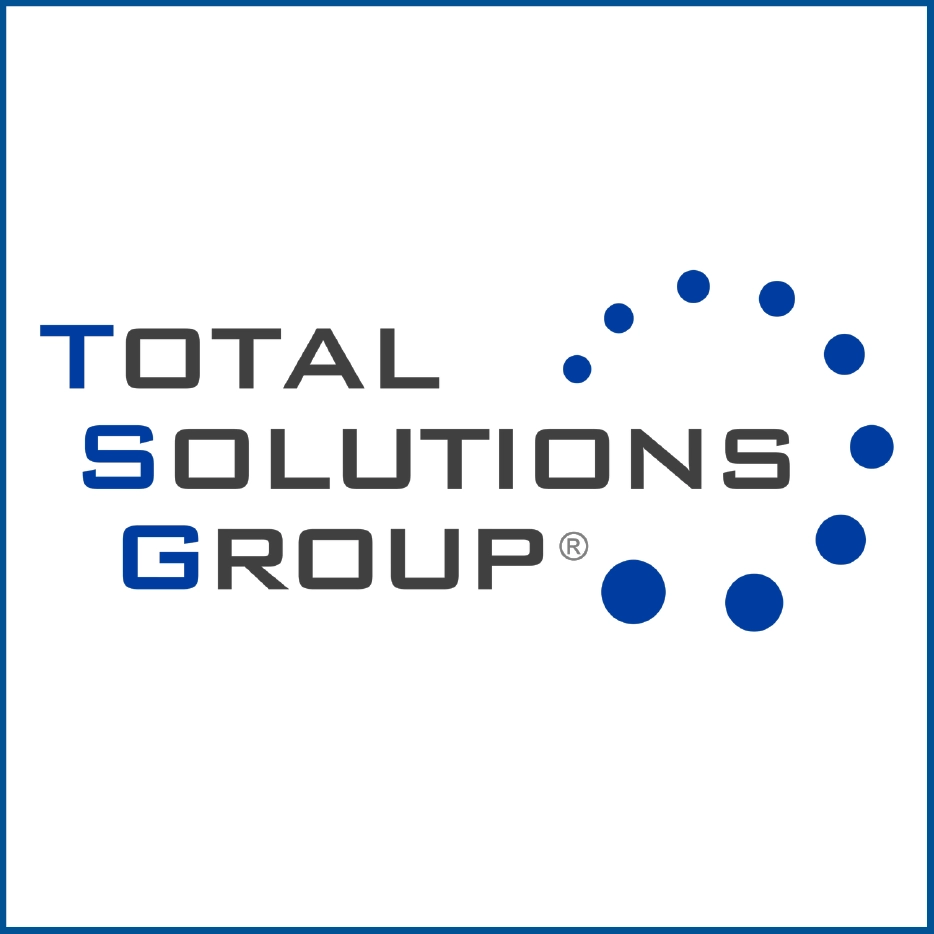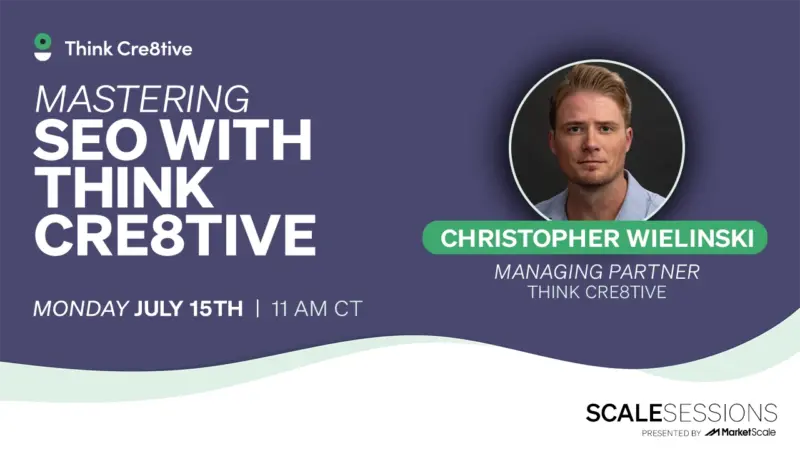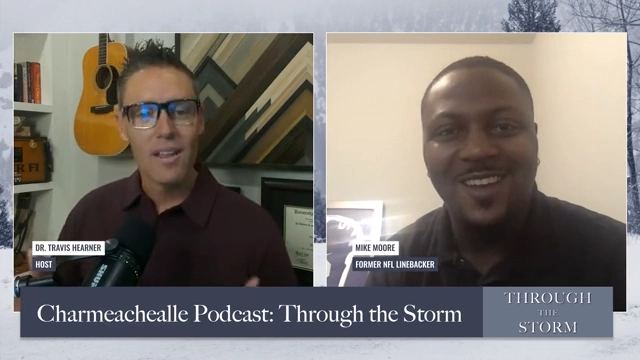Driving Employee Development through Culture and Purpose
In a recent episode of the L&D Transformation Podcast, Jolene Skinner, Vice President of Engagement Inclusion at MongoDB, discussed the significance of learning and development in today’s organizational landscape. She highlighted the importance of culture and purpose and their impact on employee engagement and performance.
Skinner emphasized that organizations are increasingly compelled to focus on their culture and purpose due to the evolving expectations of employees. Workers now seek more meaningful roles that align with their personal values and aspirations, prompting organizations to step up their efforts to create purpose-driven environments. In this context, L&D professionals play a crucial role in facilitating cultural transformation.
L&D discipline should extend beyond traditional leadership training and encompass a broader scope of purpose-driven development. It involves understanding and defining the organization’s purpose, aligning it with individual values, and enabling leaders to embody and reinforce this purpose throughout the organization. Achieving this alignment can be challenging but essential for long-term success.
Regarding the future of L&D, Skinner underscored two critical factors. First, the introduction of cultural transformation should occur gradually and become deeply ingrained in organizational practices, rather than being treated as a temporary initiative. Consistency and sustained effort are vital to embedding values into every aspect of an organization. Second, L&D practitioners should collaborate with various stakeholders, such as HR and business leaders, to ensure a cohesive integration of purpose-driven initiatives across the organization.
Skinner also shared advice for HR leaders, emphasizing the importance of understanding the business side of operations. By acquiring business acumen and speaking the language of leaders, HR professionals gain credibility and effectively align HR solutions with the organization’s strategic goals. However, Skinner cautioned against simply adopting existing business processes, highlighting the need to retain HR’s unique perspective and expertise.
Additionally, Skinner emphasized the significance of influencing leaders through information and well-crafted questions rather than relying solely on personal opinions or emotional appeals. By focusing on inputs, controlling the process, and guiding leaders toward the right outcomes, HR professionals can drive meaningful change while respecting different perspectives.



